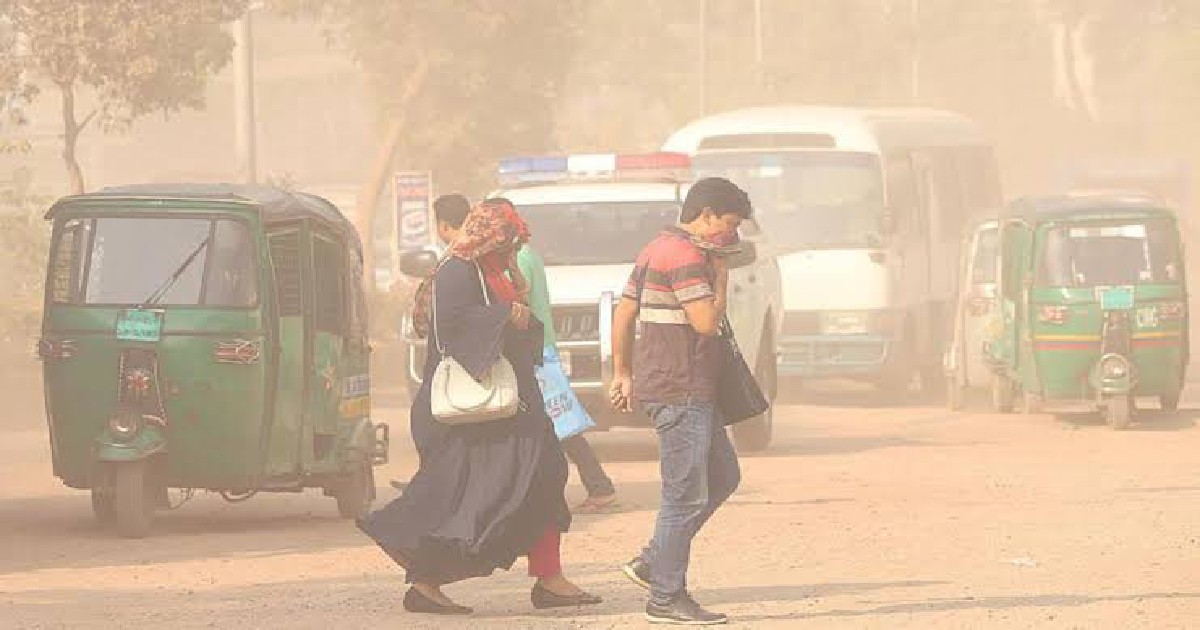Air pollution likely to increase mortality from coronavirus
- Paris, AFP
- 16 March 2020, 22:19
Air pollution from petrol and diesel vehicles is likely to increase mortality from the novel coronavirus in cities, public health experts told AFP Monday.
The European Public Health Alliance (EPHA) warned that dirty air in urban areas that causes hypertension, diabetes and other respiratory illness could lead to a higher overall death toll from the virus currently sweeping the world.
Emissions from petrol and diesel engines were still at "dangerous" levels that could imperil the most vulnerable during this and future pandemics, said the European Respiratory Society (EPS), which is a member of the EPHA.
"Patients with chronic lung and heart conditions caused or worsened by long-term exposure to air pollution are less able to fight off lung infections and more likely to die," EPS member Sara De Matteis said.
"This is likely also the case for COVID-19," added de Matteis, who is also an associate professor in occupational and environmental medicine at Italy's Cagliari University.
The virus has so far infected more than 168,000 people and killed over 6,500 worldwide.
Several European nations have implemented unprecedented measures to prevent the spread of the disease and allow health systems to treat patients.
While there is currently no proven link between COVID-19 mortality and air pollution, one peer-reviewed study into the 2003 SARS outbreak showed that patients in regions with moderate air pollution levels were 84 percent more likely to die than those in regions with low air pollution.
COVID-19 is similar to SARS and can cause respiratory failure in severe cases.
Mortality data for COVID-19 is incomplete, but preliminary numbers show the majority of patients who die are elderly or have pre-existing chronic conditions such as heart or lung disease.
According to the European Environment Agency, air pollution leads to around 400,000 early deaths across the continent annually, despite European Union air quality directives.
One COVID-19 hotspot, northern Italy, has particularly high levels of PM10 -- microscopic particles of pollution due largely to road traffic.
The number of fatalities in Italy shot up by 368 to 1,809 on Sunday -- more than half of all the cases recorded outside China.
'Clean up the streets'
A study published last week in the journal Cardiovascular Research said that air pollution shortens lives worldwide by nearly three years on average, and leads to 8.8 million premature deaths annually.
The shutdown in northern Italy has in fact led to a significant reduction in nitrous oxide and small particulate matter in the air, according to satellite data.
EPHA Acting Secretary General Sascha Marschang said that governments must prioritise a reduction in polluting vehicles to avoid unnecessary deaths during future outbreaks.
"Governments should have tackled chronic air pollution long ago, but have prioritised the economy over health by going soft on the auto industry," he said.
"Science tells us that epidemics like COVID-19 will occur with increasing frequency," added.
"So cleaning up the streets is a basic investment for a healthier future."


